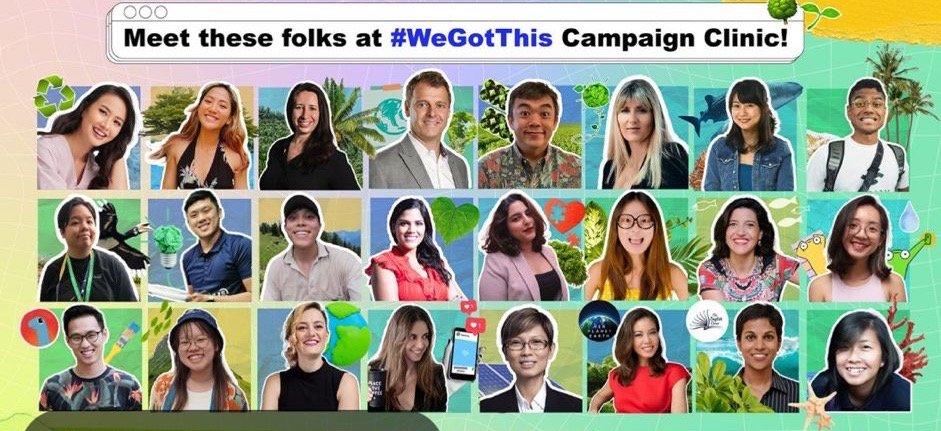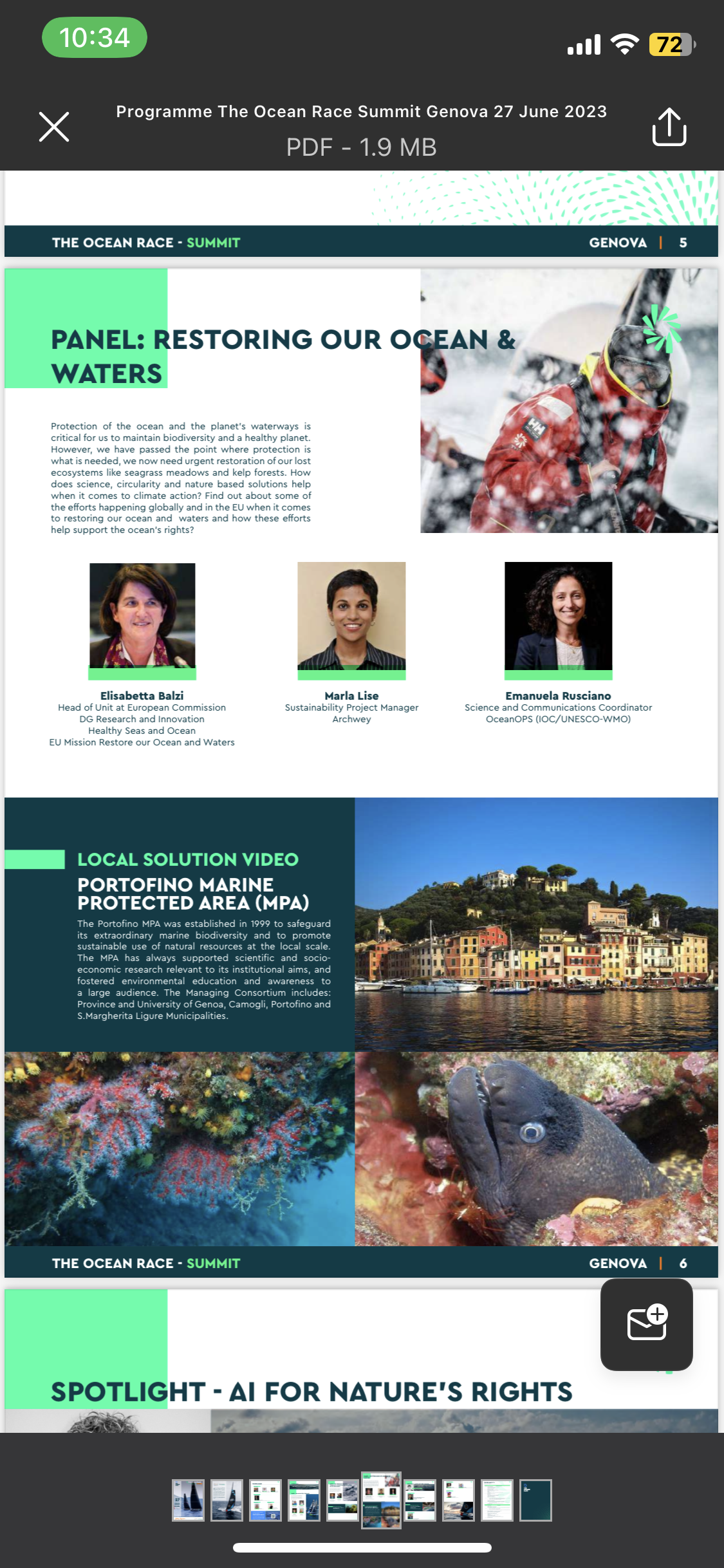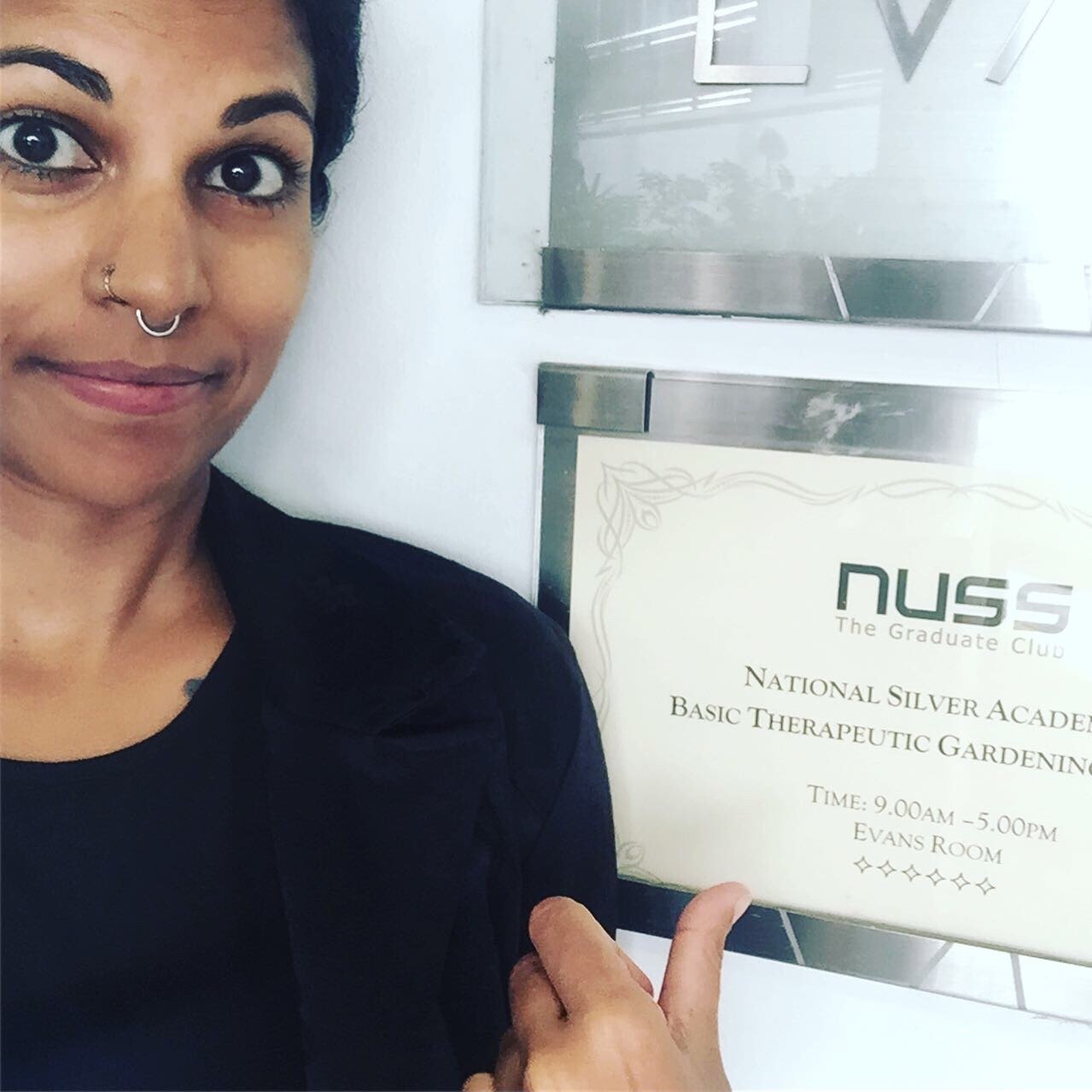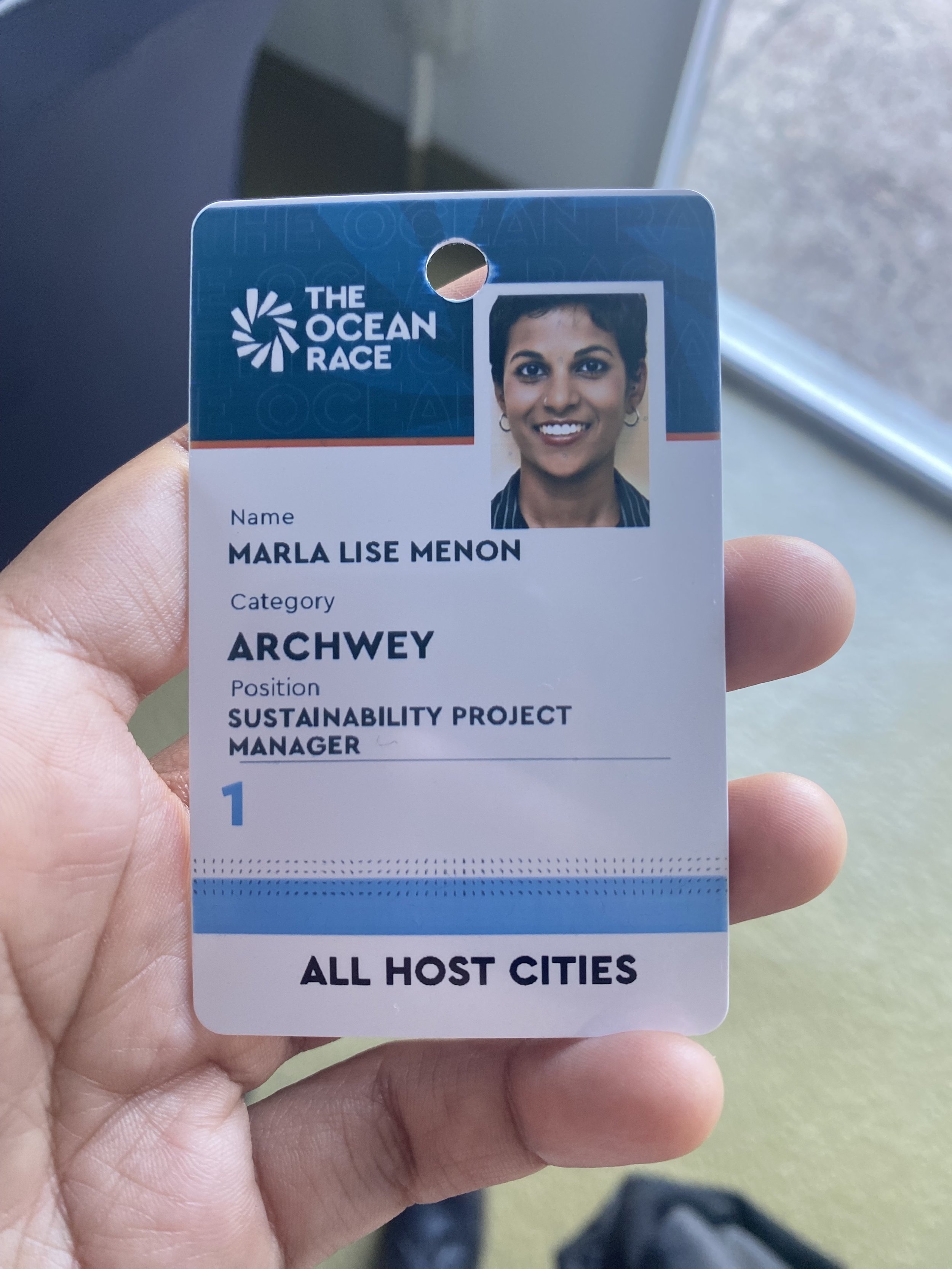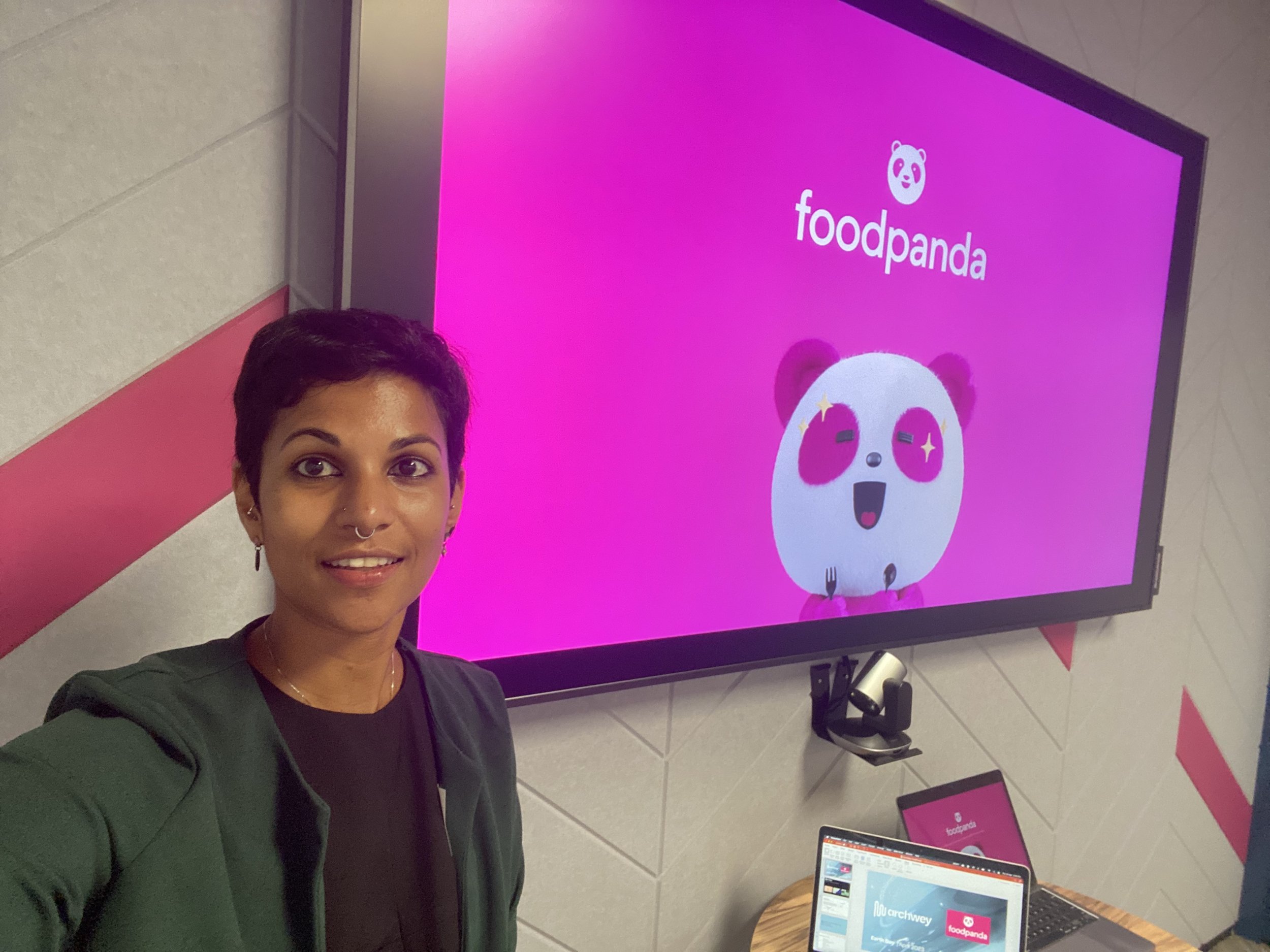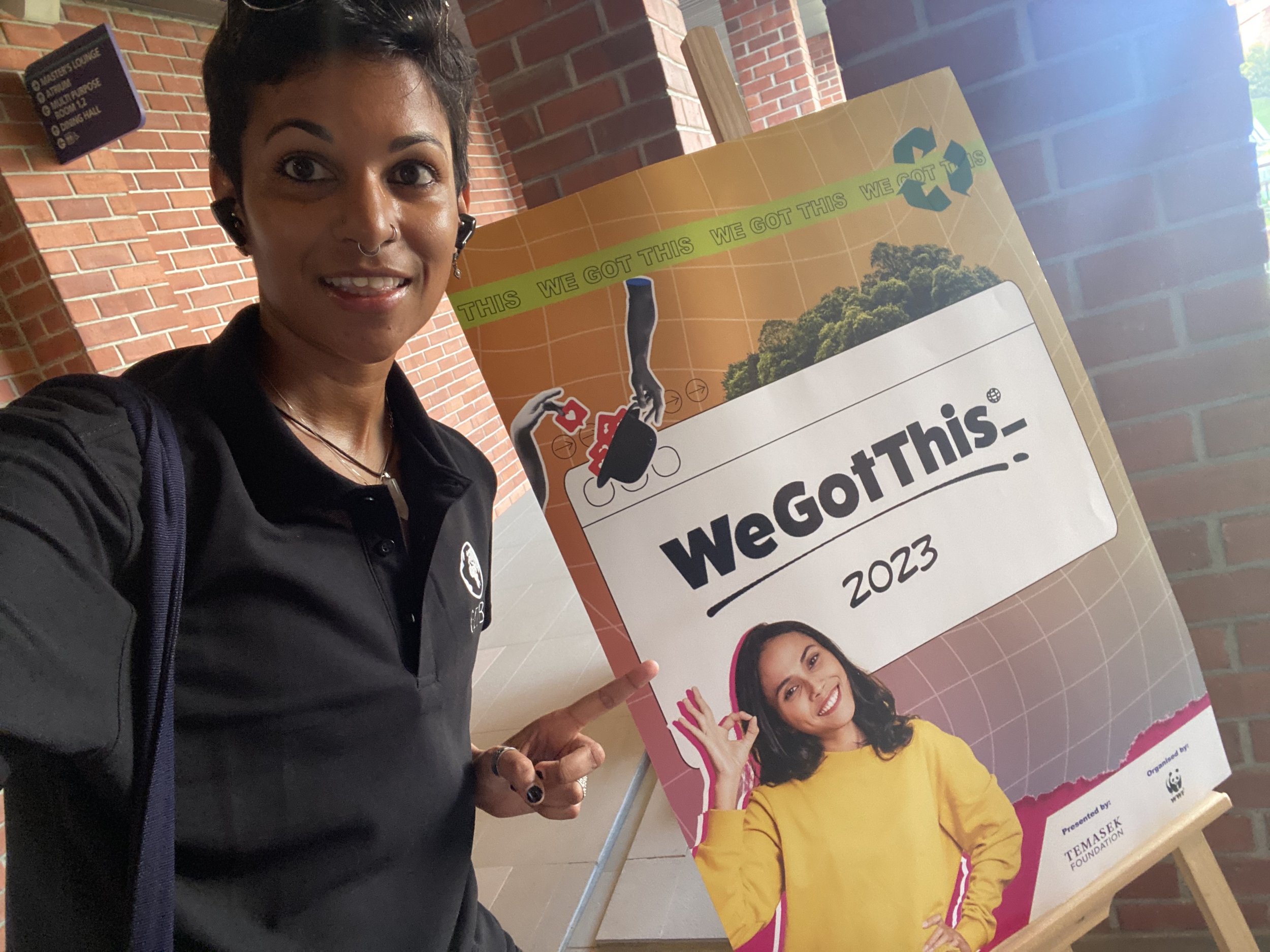Changing Traditions
The Oxford Dictionary defines “traditions” as, “the transmission of customs or beliefs from generation to generation, or the fact of being passed on in this way.” The Merriam-Webster dictionary, “an inherited, established, or customary pattern of thought, action, or behaviour (such as a religious practice or a social custom) b: a belief or story or a body of beliefs or stories relating to the past that are commonly accepted as historical though not verifiable.” Neither definition says that traditions are set in stone, unchangeable, or that they must be followed.
Over time, populations all over the world have given up traditions, folklore and superstitious beliefs in order to proceed with modernization and industrialization. Fires have given way to stove tops, sundials to watches, drums and smoke stacks to mobile phones and The Internet.
How do we choose which traditions to stay true to, and which do not serve us anymore?
The "grindadráp" is the tradition of hunting pilot whales in the Faroe Islands. Over the last few decades, animal activists all over the world have reacted to this age old tradition of ‘sustainably’ killing hundreds of marine mammals by herding them into shallow waters and butchering them. What started as a custom of the Viking era, still continues today. Why? Apparently it’s an “international preoccupation with reclaiming, preserving and reconstituting the past" and a national and local "quest for defining identity". Is the claim to define one’s identity by killing innocent beings enough to justify the crime?
“The Cove” was a movie that sparked horror in the eyes and hearts of many, all over the world. The capture of hundreds of dolphins annually in the lagoons of Taiji, Japan, made many around the world open their eyes to the slave trade that goes on in the aquarium industry. Those who were not sold as entertainment, were brutally murdered, with spikes down the center of their skulls. This too, they call tradition.
Let’s move away from the bloodbath of sentient marine mammals. Other traditions that are being brought into the spotlight for change include, gender inequality. Until recently, traditions held that the woman stayed home, made babies, cared for them, cooked for them, and didn’t go to school. In 1237, an Italian lady, Bettisia Gozzadini, was the first of the Venus-descendants to graduate from university. It is said, that she was the first woman lecturer in a university as well. In 2022, the UN highlighted gender inequality in a video about gender roles and the SDGs. The gender snapshot is one of many initiatives fighting for the equal rights of women and for countries, organisations, and companies to step up, in order to make sure that there is no more discrimination or dictation about what either gender is and is not allowed to do.
Throughout time, traditions have changed. We have learned. We have put our tails between our legs and begged forgiveness. We have righted wrongs. We have adjusted, adapted and tweaked. There are many traditions that are still in favour of destroying lives, human and animal, degrading environments, and causing harm to self and others. Maybe it is time, that those who practice these old ways, think about new times, and how to better them, rather than carry on with cultures that do not serve the living or the habitats they live in.



